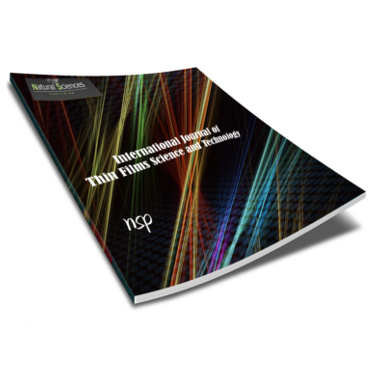International Journal of Thin Film Science and Technology

Abstract
This paper describes the charge transport simulation of graded permittivity layers to enhance the performance and reliability of layered polymer film capacitors for high density energy storage. High E field contrast at interfaces is identified as a failure mechanism and field-tailoring is used to develop design guidelines to select optimal graded permittivities. A robust and rapid hybrid boundary integral equation method - Runge-Kutta 4th order total variation diminishing scheme (BIEM-RK4) is used to simulate the proposed design for quantitative comparison. The BIEM-RK4 comprehensively combines the drift-diffusion model with Schottky/Fowler-Nordheim charge injection, Poole-Frenkel field-dependent mobility transport, trapping/de-trapping, and Shockley-Read-Hall recombination for dynamic charge mapping. Results show the significant impact of 32 layers of graded permittivity PMMA tie-layers inserted into a composite 65-layer PC-PMMA-PVDF-PMMA-PC…PC tiered structure where interface field contrast is reduced by 53%; peak field is reduced by 36%; and the corresponding injected leakage current density is reduced by 2x. Results for the original 33-layer PVDF-PC-PVDF…PVDF sample show that the higher dielectric constant (PVDF) material should be used for the outer layer to reduce surface treeing. Additionally, the use of PVDF to contact electrodes severely limits injected currents, mitigating ensuing problems with leakage conduction leading to trapping, field modification, and residual charge issues.
Recommended Citation
H. Lean, Meng and L. Chu, Wei-Ping
(2016)
"Modeling Bipolar Charge Transport in Layered Polymer Films with Graded Permittivity Layers,"
International Journal of Thin Film Science and Technology: Vol. 5
:
Iss.
2
, PP -.
Available at:
https://digitalcommons.aaru.edu.jo/ijtfst/vol5/iss2/1

